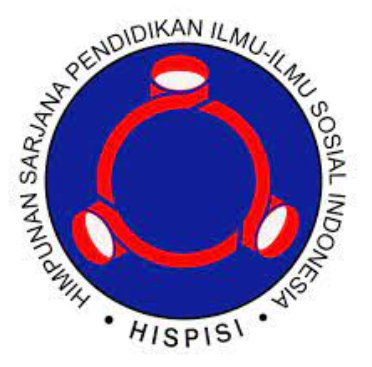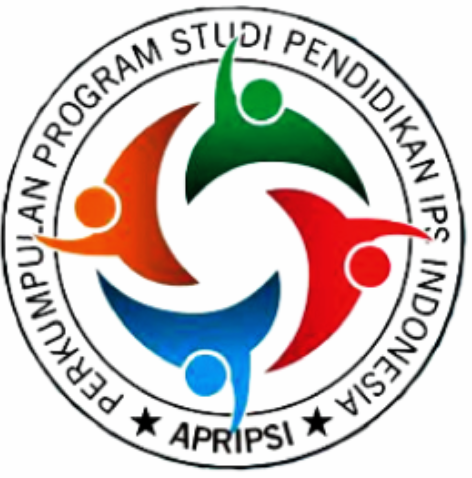Jurnal
DOI:
https://doi.org/10.21009/EIPS.003.2.01Abstract
This research aims to determine if the application of the Cooperative learning model type Bamboo Dancing can improve the learning outcomes of IPS. This study was conducted on class VII-5 which amounted to 32 students at MTsN 11 Jakarta in the second semester of the 2018/2019 from March to May 2019. The method used in this research is the classroom action research that use three cycles, each of which consists of four stages : planning, acting, observing and reflection. Based on the results of research from learning outcomes there is an increase in each of cycle. In the first cycle 1 of 47% (15 students) reached a score above KKM 73 with an average of 68 learning outcomes, In cycles 2 of 72% (23 students) reached a score above KKM 73 with an average of 76 learning outcomes, and In cycle 3 of 84% (27 students) reached a score above KKM 73 With an average value of 83 learning outcomes. In addition to increased learning outcomes, the activity of learners has also increased on each of its cycle based on the ability to asking, answering, arguing and collaborate. It can be concluded that the implementation of the Cooperative learning model type Bamboo Dancing can improve the learning outcomes of learners and can improve the learner activity, so that learners can get better IPS learning outcomes that are above KKM 73.
Keywords: Classroom Action Research, Cooperative Learning Model Type Bamboo Dancing, Learning Outcomes Of Social Science.
Downloads
Published
How to Cite
Issue
Section
License
Authors who publish with this journal agree to the following terms:
- Authors retain copyright and grant the journal right of first publication with the work simultaneously licensed under a Creative Commons Attribution ShareAlike License that allows others to share the work with an acknowledgement of the work's authorship and initial publication in this journal.
- Authors are able to enter into separate, additional contractual arrangements for the non-exclusive distribution of the journal's published version of the work (e.g., post it to an institutional repository or publish it in a book), with an acknowledgement of its initial publication in this journal.
- Authors are permitted and encouraged to post their work online (e.g., in institutional repositories, pre-prints sites or on their website) prior to and during the submission process, as it can lead to productive exchanges, as well as earlier and greater dissemination of published work






